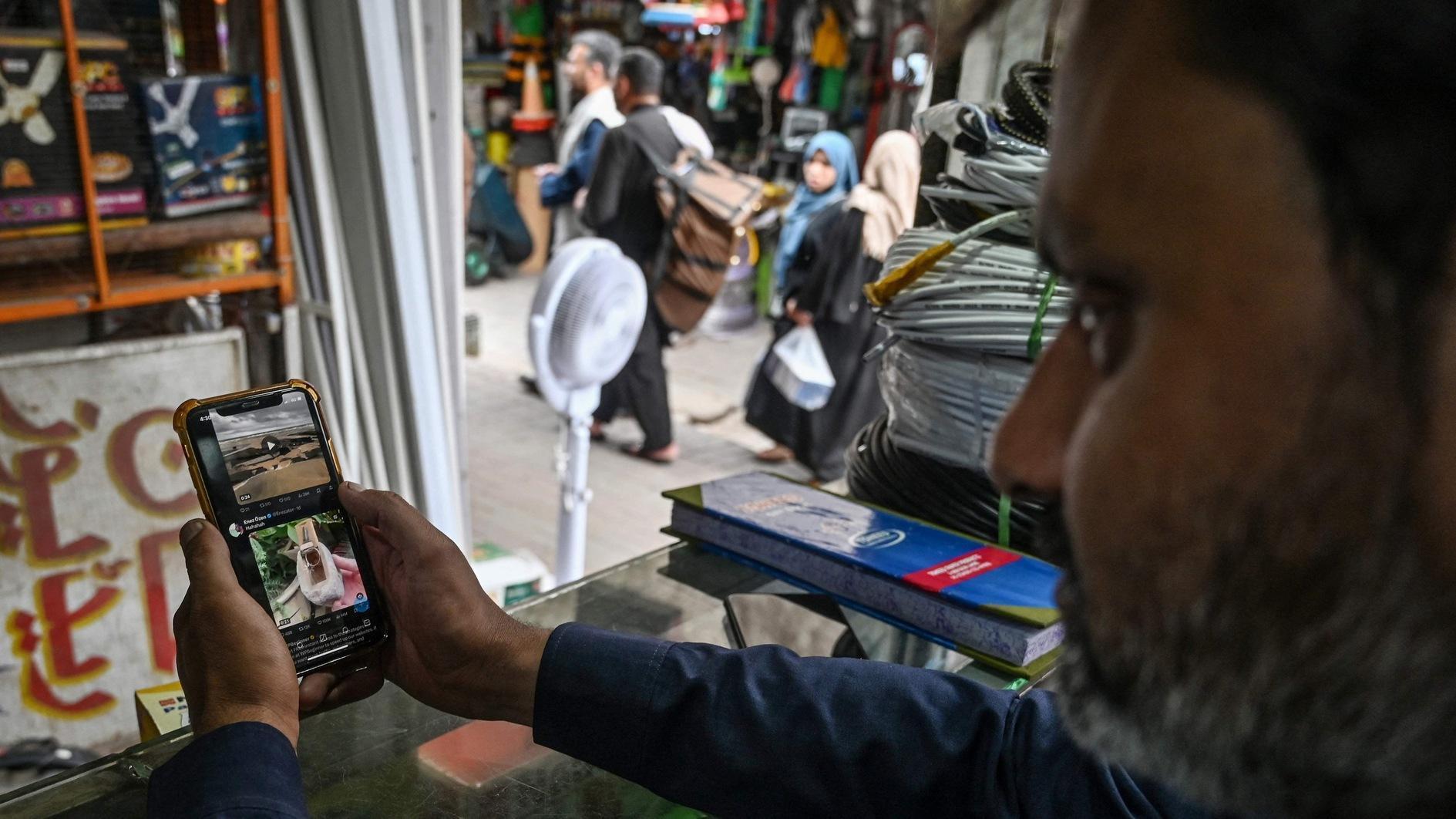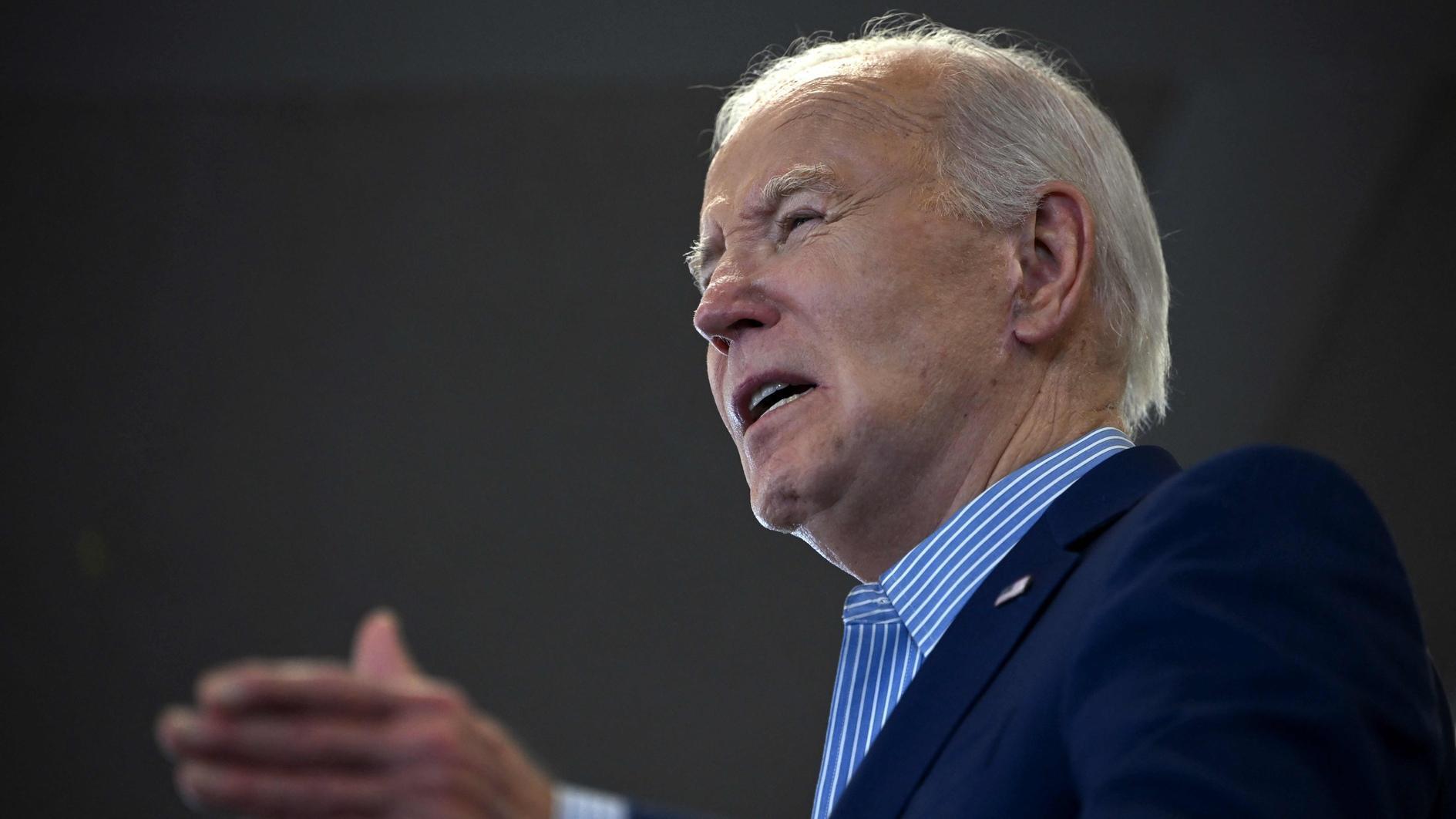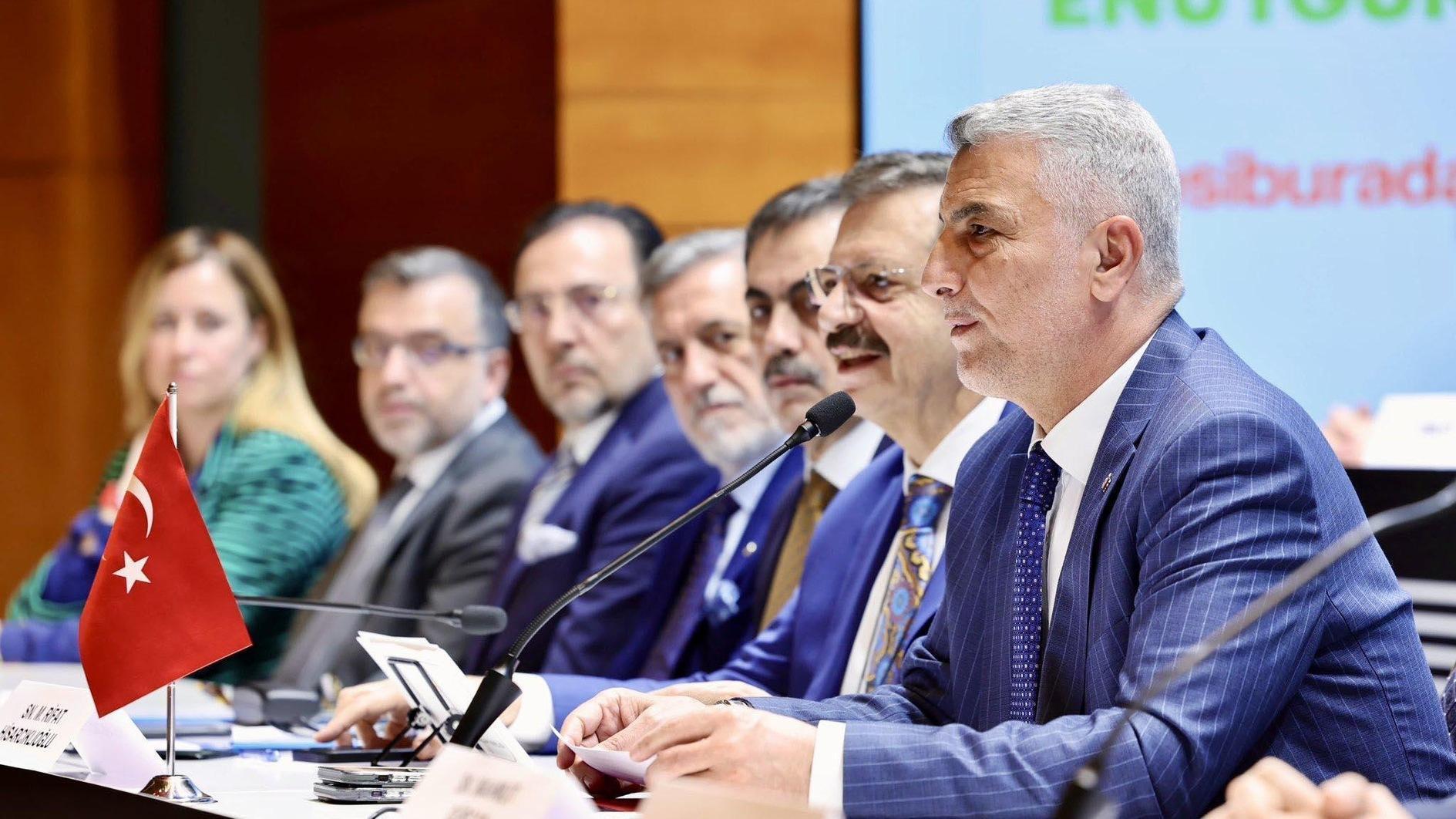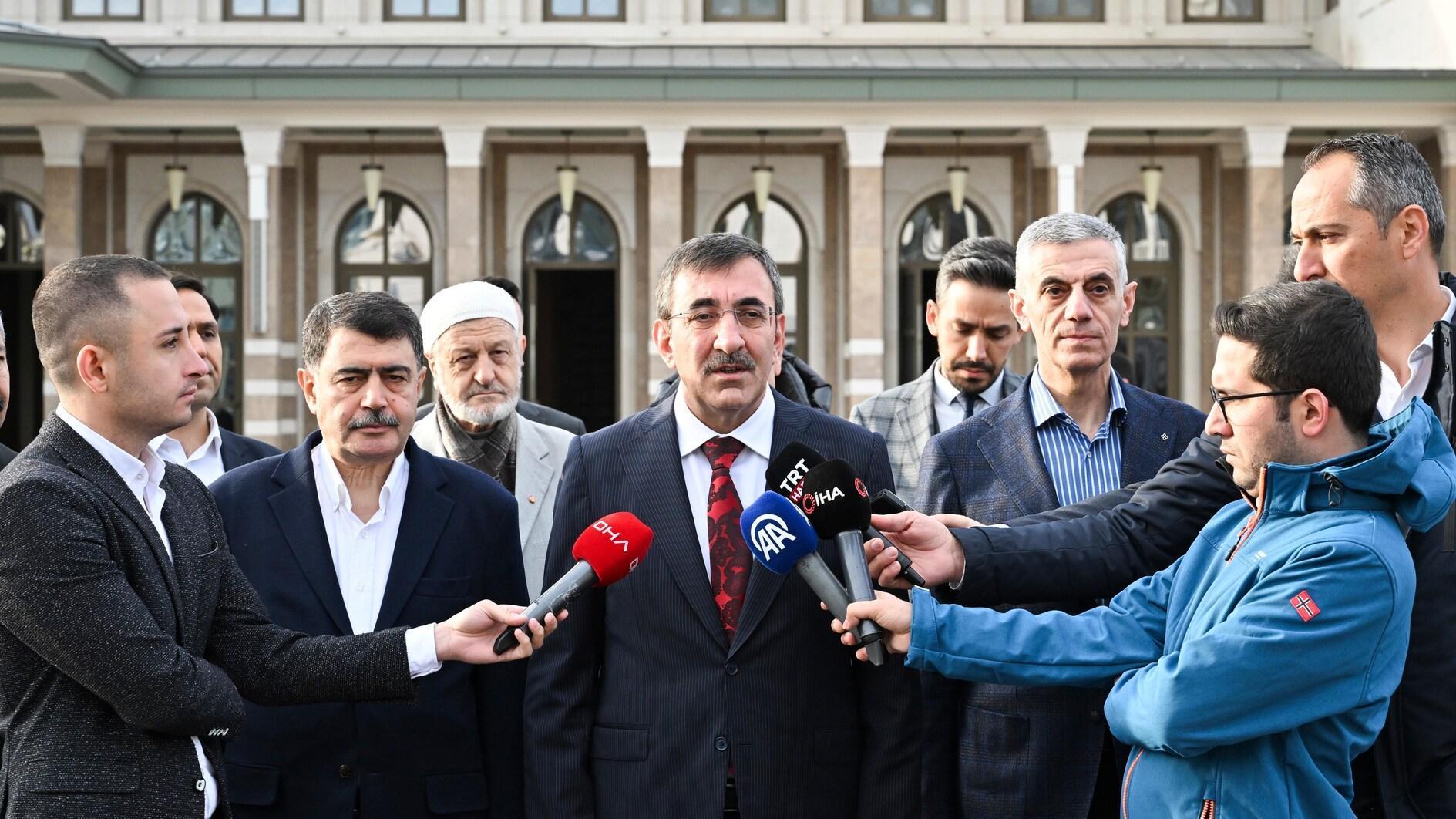UN team takes samples from Syria 'chemical victims'
DAMASCUS - Agence France-Presse
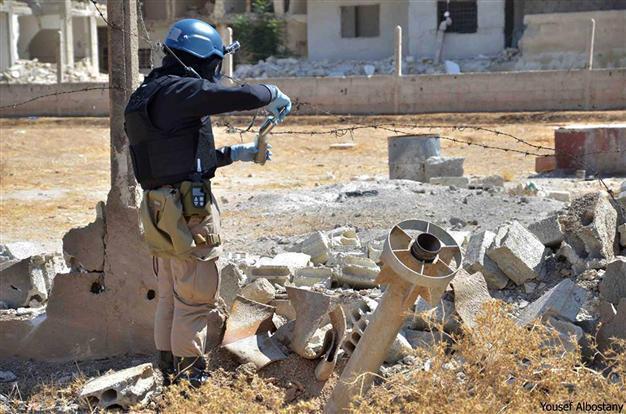 UN experts visited the site Wednesday of a second alleged chemical attack near Syria's capital, and took blood, urine and hair samples from reported victims, an AFP photographer said.
UN experts visited the site Wednesday of a second alleged chemical attack near Syria's capital, and took blood, urine and hair samples from reported victims, an AFP photographer said.Rebels who control the area said they had travelled in a six-vehicle convoy to the outlying Damascus suburb of Eastern Ghouta, one of the areas hit in the suspected August 21 attacks.
They visited the site, northeast of the capital, under the protection of rebel fighters, said the Syrian Revolution General Commission activist group.
"We took blood, urine and hair samples" from people in a field hospital in Eastern Ghouta, one of the inspectors said.
Asked if they had done the same with those who died in the incident, the inspector said that was not necessary.
"The test (for the presence of chemical agents) can show positive even after weeks," he said.
The inspectors resumed their mission on Wednesday, a day after postponing it for security reasons.
On Monday, they had braved sniper fire when they initially tried to enter Eastern Ghouta, with bullets hitting the tyres and front window of the lead vehicle, the United Nations said.
Later that day, they managed to enter Moadamiyet al-Sham, southwest of Damascus, to collect evidence of the other main area allegedly hit by chemical weapons on August 21.
The 13 UN inspectors, seven interpreters and backup staff arrived in Syria on August 18 to start an investigation into whether chemical weapons have been used in the 29-month old conflict that has left more than 100,000 dead.
UN Secretary General Ban Ki-moon said Wednesday they needed four days to conclude their probe.
The team's findings would then be analysed and the result sent to the UN Security Council for "any action they would deem to take." UN spokesman Martin Nesirky said Ban was referring to a total of four working days, suggesting the inspectors needed at least until Friday to complete their mission.
Ban's comments came as the United States and its allies were building their case for military action against the Syrian regime over the alleged chemical weapons attacks.
Opponents of President Bashar al-Assad's regime say more than 1,300 people, including children, died when his forces unleashed toxic gases on Eastern Ghouta and Moadamiyet al-Sham.
The regime strongly denies the claim and has blamed rebels.
One senior official even said they were put up to it by Britain, France and the United States to justify Western military intervention in the 29-month civil war.



